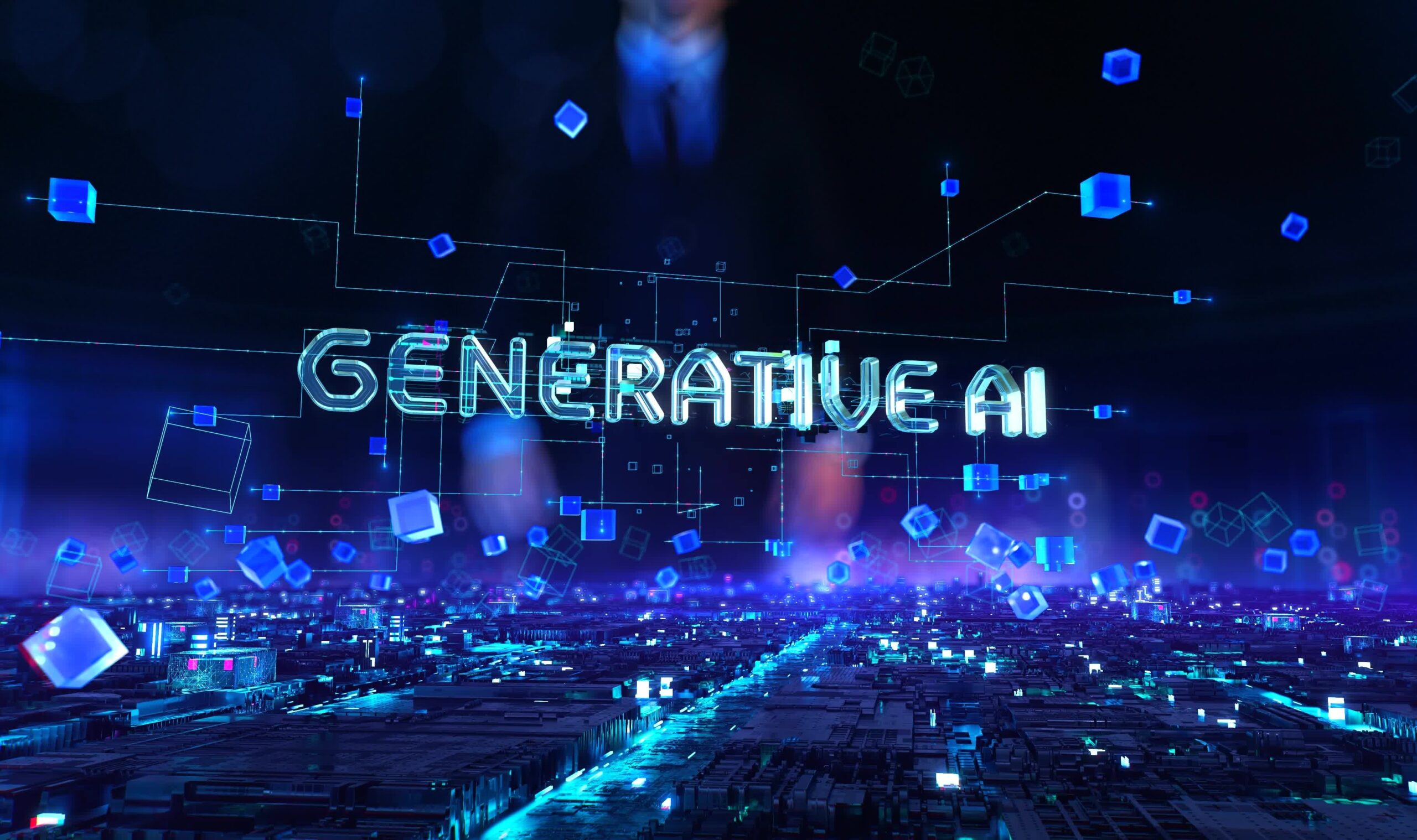
Ashley Woodbridge, CTO, Lenovo Infrastructure Group, delves into how the company is transforming industries with AI and their commitment to solving challenges like data bias while enabling the future of AI innovation
How is Lenovo integrating AI into its infrastructure solutions, and what trends are emerging in this space?
Lenovo has been working with AI long before it became the trending technology it is today. Historically, it was referred to as high-performance computing (HPC), and Lenovo has always been a leader in that area.
We’ve leveraged our 30 years of experience in this space to help our customers accelerate their AI adoption. While AI may be new to many of them, it’s something we’ve been working on for a long time, giving us a collective advantage of hundreds of years of expertise. Our focus is on helping customers adopt AI seamlessly, reducing the fear and uncertainty that often come with it. Rather than just selling infrastructure, we work closely with clients to understand their specific use cases, showing them how AI can transform their business. This approach naturally leads to a need for modernised infrastructure to support AI capabilities.
Data bias is a major concern with AI. How is Lenovo addressing this challenge, and are you working with governments or other organisations to tackle it?
Data bias is indeed one of the biggest challenges in AI, and it’s something we’re highly focused on. Many AI models are trained on imperfect datasets, which can lead to biased outcomes. There’s plenty of research showing that training AI on data from platforms like Reddit or Facebook doesn’t always yield the best results.
At Lenovo, we take a localised approach. While we are a global company, we operate with a local mindset. For example, we’ve partnered with companies like Nibble, a Saudi-based firm that’s developing localised datasets. These data sets help us create computer vision models tailored to the region, addressing specific challenges like authentication for individuals wearing hijabs. Lenovo’s commitment to tailoring AI solutions to fit the unique needs of different regions is something I’m particularly proud of.
Can you share some insights on how Lenovo is enabling local organisations to enhance their AI capabilities?
Lenovo has multiple initiatives aimed at empowering local organisations to grow their AI capabilities. One of these is our “Smarter AI for All” program, which aims to make AI infrastructure accessible to everyone. For instance, we’re providing AI-enabled laptops to students, giving them the tools they need to build the next large language model or even compete with companies like OpenAI.
Another major initiative is our AI Innovators Program, through which we’ve already invested $1 billion, with another $1 billion recently announced. This program focuses on funding early-stage startups, giving them access to Lenovo’s resources—from certification to global reach. The goal is to help these companies grow quickly and bring their innovations to a wider market. By supporting businesses in this way, we indirectly help them improve the customer experience and solve real-world challenges.
AI is currently the biggest disruptor in the tech space. From your perspective, what do you think will be the next big thing beyond AI?
I believe the next big trend will be Artificial General Intelligence (AGI). Over the past year, we’ve seen AI models evolve from simply generating text and performing basic tasks to being able to handle more complex reasoning.
These models are now capable of not just answering questions or generating content, but also guiding decision-making processes. We’re getting closer to a future where everyone could have their own digital assistant—or “twin”—whose sole purpose is to make their lives easier. It’s exciting to see how rapidly this space is developing, and it’s clear that AGI will be a major disruptor in the years to come.









Discussion about this post